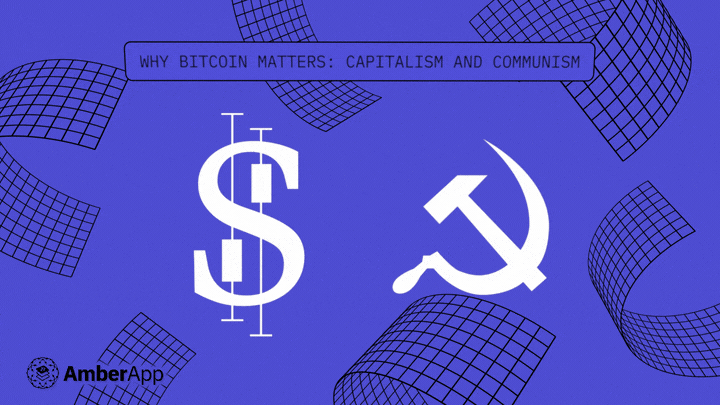Centralisation and decentralisation are two fundamental concepts that distinguish the economic and political ideologies of capitalism and communism. While both systems aim to shape societies, their approaches to decision-making, ownership, and resource allocation differ significantly.
Decentralisation in Capitalism
At the heart of capitalism lies the concept of private ownership. In capitalist societies, individuals possess the right to own property, land, and businesses. This ownership drives a sense of responsibility and accountability, motivating entrepreneurs to invest their resources into ventures aligned with their visions.
This private ownership fosters entrepreneurship, inspiring individuals to identify market opportunities and innovate to meet consumer demands. The freedom to pursue their interests unleashes groundbreaking ideas and transformative innovations, leading to new industries and improved living standards.
Decentralisation thrives in capitalism’s free markets. Market forces, shaped by buyer-seller interactions, dictate prices and resource allocation. Government intervention remains limited, allowing market dynamics to guide the economy.
Competition emerges as a vital outcome of free markets, prompting businesses to enhance their products and services to attract consumers. This competitive environment fuels innovation and technological progress. Market fluidity encourages adaptability and ensures efficient resource use.
Capitalism’s decentralised nature ensures efficient resource allocation. The competitive landscape rewards profitable businesses and penalises unsuccessful ventures, motivating optimization of resource utilisation and cost-effectiveness.
Consumers also play a crucial role in resource allocation. Their preferences steer resource flows, resulting in goods and services that meet evolving societal demands.
Earn More Bitcoin
Centralisation in Communism
Communism presents a stark contrast to capitalism, emphasising centralisation. It seeks to create a classless society where the means of production are collectively owned and controlled, either by the government or the community. Communism aims to abolish private ownership in favour of equality and social justice.
The roots of communism trace back to philosophers like Karl Marx and Friedrich Engels, who argued that capitalism perpetuates exploitation and class struggle, resulting in significant social and economic disparities. Communism proposes a radical societal transformation through planned economies, where the government regulates production and distribution.
Historically, communism’s implementation has often led to centralised government power. Nations like the Soviet Union and China adopted communism, evolving into one-party states with extensive state control over economic activities and individual freedoms.
Communism’s primary objective is equal resource access, reducing wealth concentration and promoting equitable resource distribution. By eliminating private ownership, it attempts to distribute resources equally among society’s members, often unsuccessfully and with tragic consequences.
However, communism’s centralszed approach can yield unintended consequences. Centralised planning and state-controlled production can lead to resource allocation inefficiencies, shortages, in some cases leading to mass starvation, and limited innovation. Without market forces or individual choices, the economy struggles to adapt to evolving needs and preferences.
Moreover, government concentration of power stifles personal freedoms, criticism and dissent. Critics argue that under communist regimes, the lack of political and economic freedoms hampers personal growth, creativity, and entrepreneurship, impeding progress and human development.
Despite its pursuit of equality and justice, communism’s real-world application always falls short. The experiences of nations like the Soviet Union and China reveal that centralised control will result in economic stagnation, human rights violations, and social unrest.
Conclusion
In conclusion, communism and capitalism represent divergent economic systems embodying contrasting governance and resource allocation approaches. Communism advocates centralisation, aiming to establish an egalitarian society through collective resource control and private ownership elimination. While noble in its ideals, communism’s practical implementation often results in inefficiencies, scarcities, personal freedoms limitations, and, more often than not, death and destruction of a civilisation.
On the other hand, capitalism’s foundation rests on decentralisation, empowering individuals and businesses to drive economic growth, innovation, and prosperity. Private ownership, free markets, individual initiative, economic freedom, and efficient resource allocation form the cornerstones of capitalism. This decentralised model has contributed to societal dynamism and civilisational advancement.
Learn More
Do you want to learn more about Bitcoin and why money matters? Click this link to keep reading. Download the AmberApp and start stacking sats in minutes.








